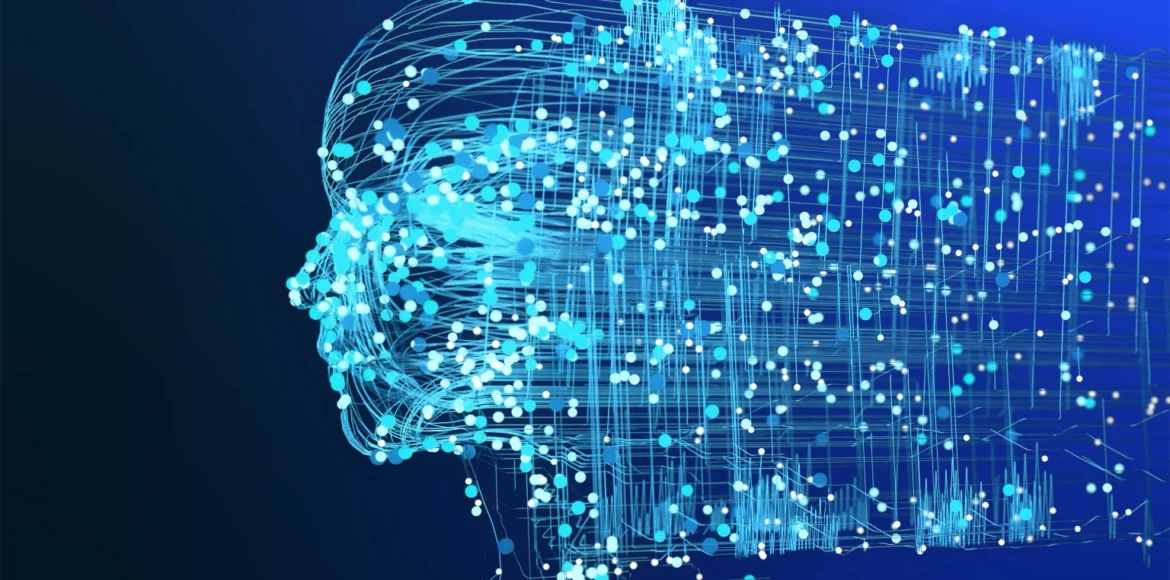6 Ways AI Hyper-Personalization Will Revolutionize B2B Apps
The world of e-commerce is currently in the throes of an AI revolution that promises to transform the way we conduct business. Over the past few months, the AI craze has permeated virtually every industry, raising questions about whether it will lead to a significant technological shift. The answer, however, depends on the extent to which different organizations adopt this groundbreaking technology.
While most associate Artificial Intelligence with B2C consumer-facing ecommerce, such as writing product descriptions, the real revolution, we believe, will be in business to business (B2B) Ecommerce, and apps will play a big role.
AI has the ability to transform B2B, because of its use as a hyper-personalization engine, learning what wholesale purchases are made and when and for what reason. And apps are uniquely well-positioned, since account log-in is automatic when you open an app. Put differently, a B2B app already knows what wholesale buyer is using it, before they even open the app.
Old, stagnant B2B sales methods (think receiving orders by phone, fax or email) are giving way to a vibrant new approach that leverages human engagement and patterns. This transformation is made possible through cutting-edge data analytics and generative AI, which drives content, messaging, and recommendations that resonate with the target wholesale audience. All of these are elements of hyper-personalization.
AI can play a crucial role and here are some specific ways AI can be utilized for personalization in B2B wholesale apps:
- B2B Buyer Segmentation:
- AI can analyze wholesale customer data to identify patterns based on their behavior, preferences, and purchase history. This segmentation can be used for tailored product recommendations, and marketing messages for different B2B customer groups.
- Product Recommendations:
- Wholesalers can implement recommendation engines that use machine learning to suggest products that are most-likely of interest. This can increase cross-selling and upselling opportunities.
- Dynamic Pricing:
- AI can optimize pricing strategies by considering various factors such as market demand and competitor pricing. This allows for dynamic and personalized pricing, offering discounts or promotions to specific customers based on their history and behavior.
- Content:
- Personalize the content displayed on the website based on the user’s preferences, industry, and past interactions. This includes personalized landing pages, banners, and product information tailored to specific customer segments.
- Predictive Analytics:
- By analyzing historical data, AI can help anticipate future purchases, enabling the website to proactively suggest B2B relevant products and services.
- Order History and Reorder Suggestions:
- Leverage AI to analyze a customer’s order history and suggest reorders of frequently purchased items. This can streamline the procurement process for B2B customers who regularly replenish their stock.
Implementing these AI-driven personalization strategies can significantly enhance the user experience on B2B wholesale apps, leading to increased customer satisfaction, loyalty, and ultimately, wholesale sales growth.
B2B apps have come a long way in the digital era and AI is poised to revolutionize the space further. AI is a big part of this future and it holds a promise of hyper-personalization to help make B2B Ecommerce more efficient, cost effective and, most importantly, customer-centric.
Smart B2B businesses are already experimenting with AI, but this can feel like a big hill to climb. Pilots are the way to go, allowing companies that sell online to try out the various ways AI can personalize the wholesale buying process, and then expand on what works.
________________________________
Unbound has AI capabilities and we are working on helping our B2B clients get started. Please reach out, if you have a B2B app and are interested in AI. Contact our President of Sales: via [email protected]

